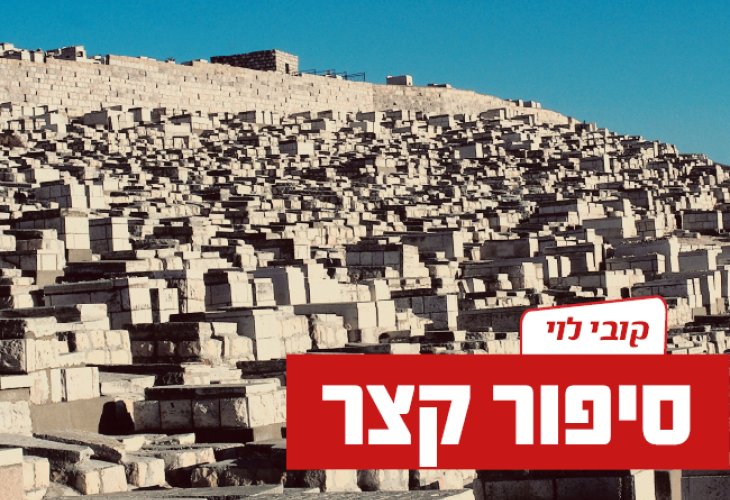The Origins and Significance of Challah Separation
Discover the roots of the challah separation commandment in the Torah, Prophets, and Talmud, and learn why it was traditionally practiced in Israel.

The Torah teaches about challah separation: "Of the first of your dough you shall set aside a challah as an offering" (Numbers 15:20).
The term 'your dough' refers to a batch of dough. The Torah instructs us to separate a portion from the dough as an offering to the Kohen, who would serve Hashem in the Holy Temple. Today, this practice is done in remembrance of the donation given to the Kohen.
Prophetic Sources for Challah Separation
In the Prophets, in Ezekiel it states: "The first of your dough you shall give to the Kohen to bring a blessing to your house" (Ezekiel 44:30).
It is our duty to separate from the dough and give it to the Kohen, thus inviting blessings into our homes.
The book of Nehemiah highlights that during the return of the Israelites to Israel in the Second Temple period, they made a covenant with Hashem, promising to keep His commandments, including giving the challah offering to the Kohens.
This inclusion reveals the significance of challah separation. Even when pledging to observe the divine commandments, the Israelites specifically mentioned this practice. The Prophet states:
"We make a covenant... to walk in the Torah of Elokim, given through Moses, His servant, and to observe all the mitzvot commanded by Hashem... including bringing the first of our dough to the priests" (Nehemiah 10).
Talmudic Source: The Importance of Challah
In the Talmud, Tractate Shabbat, it says: "Due to the sin of neglecting challah, there is no blessing in stored goods, and curses are unleashed upon prices, with others consuming what is planted" (Shabbat 32b).
The Talmud describes the consequences of omitting challah through three types of misfortunes:
1) "No blessing in storage" – People customarily preserve wine and oil. Failing to separate challah results in these stored supplies diminishing (spoiling).
This spoilage leads to a second misfortune:
2) "A curse is released on prices" – When food supplies are scarce and demands are high, prices increase, signaling a curse.
And a third misfortune:
3) "Planting while others consume" – This final misfortune implies sowing crops with the hope of harvesting, yet not reaping the fruits, as others consume the labor's yield.
Why Challah Is Specific to Israel
Challah separation is an Israel-dependent commandment, grounded in agricultural produce. Such commandments pertain only to the lands of Israel. The Torah states: "Speak to the Israelites and say to them, 'When you enter the land to which I am bringing you, and eat from the bread of the land, you will set aside an offering for Hashem, the first of your dough a challah as an offering'" (Numbers 15:18-20).
The "Kli Yakar" commentary explains that Israel is blessed with rain, eliminating the toil for water supply, unlike the labor required in Egypt for using the Nile to irrigate fields.
Therefore, upon entering Israel, the Israelites would separate challah from the dough, expressing gratitude to Hashem for the gift of rain.
Entering Israel Through the Merit of Challah
The mitzvah of challah separation was not only exclusive upon entering the land but was so significant that it contributed to their merit of entering Israel. As stated: "Due to it, the Israelites merited entry into the land, as indicated in 'Shelach'... to fulfill the mitzvah of challah" (Maimonides' glosses, end of Book Zeraim).
Such was the importance of challah separation – it was a key to entering the holy land!
The full chapter can be found in the book "Shvilei Challah" by Rabbanit Esther Tolideano.
For home workshop and challah separation orders: Tel. 073-2221290, Email aviva@htv.co.il

